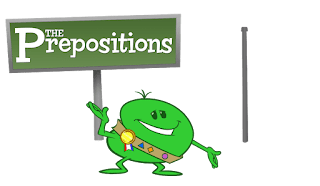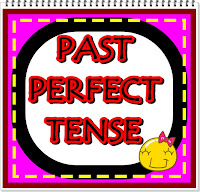Punctuation

Punctuation is use of certain marks or signs called stops . The main kinds of punctuation are : 1- The full stop ( . ) 2- The colon (:) 3-The semicolon ( ; ) 4-The comma ( , ) 5- The question mark (?) 6- The exclamation mark (!) 7- The dash ( ー) 8- Quotation mark ( << >> ) 9- The apostrophe ( ') 10- The hyphen (-) 11- Brackets ( ) 12-Dots (...) 1) The full stop: (.) It is used in these cases . *At the end of the sentence . Ex : I come to school every day . *After abbreviations , M.A.D.Sc.U.S.A. *For decimal points in numbers. 305-45, 4. 2) The colon : ( : ) * To introduce a direct statement as He said : (I am late) . *To introduce a list of details . The best work of Shakespeare :( Hamlet , King , Othello , Romeo and Juliet) . * Between two complet sentence not joined by conjunction . This is the doctor: he has treated many people . 3) The semicolon:(;) *To separate long coordinate clauses,...


